
Intergalactic human journey concept with an arm reaching out to the bright vibrant multicolor light. … [+]
I sent down with Jeremy Wertheimer recently, at Davos, to talk about some of the biggest issues in generative AI and today’s IT environment.
One of his most intriguing points was on some of the differences between engineering and science, or rather, the scientific process.
“When we build things,” Jeremys said, “we know what we’re doing… we have to do it right, we have to make sure our process is good, we have to avoid mistakes, but we don’t have to make new discoveries. We just have to do the engineering… and we should get the thing that we want.”
By contrast, he said, in science, you’re dealing with uncertainties. You have to be, in his words, “lucky.”
Sometimes, he suggested, we don’t know if something is really more of an engineering problem or a science problem.
“People might think it’s one, but it’s the other,” he said.
Business vision: woman holding binoculars
Jeremy gave an example of hearing Jeff Bezos speak about large language models. Bezos, Jeremy explained, suggested in a podcast that we should say we’re ‘discovering’ the large language models instead of “inventing” them.
Jeremy said that resonated with him. He gave the example of a plant – we plant the plant and nurture it, but we don’t know exactly what the plant is going to do. We didn’t build the plant, or engineer the seed!
Jeremy mentioned the smartphone, which, he pointed out, would have been science fiction just a few decades ago. It understands what you’re saying, for example, and can tell you the weather, etc. That’s engineering.
But then, he said, there’s the LLM: and that’s science!
Industry and technology concept. INDUSTRY 4.0
Unlike the smartphone, we did not build the LLM. We are discovering what it can do. The nature of machine learning and AI means that some of these technologies will NOT be engineered, in the classical sense – they will, instead, be studied, like biology, like a force of nature. We will study them to see what they do!
That, I think, is the major takeaway. Moving on from that, in my conversation with Jeremy, he discussed a prediction that he makes personally – that in the future, everything will have the same three lines of code:
“Build model, train model, and apply model.”
To illustrate, he gave the example that’s been emblematic of so many advances in technology over the years – the toaster!
When you think about what a toaster does, you can factor in metrics like moisture content of the bread, heat, and other factors – but at the end of the day, if you don’t proceed from a purely deterministic standpoint, you don’t know how the model works – not entirely.
Anyway, Jeremy, who minored in neuroscience while researching AI, also made the analogy to human brains.
“Brains are very complicated,” he said, adding that today’s LLMs are getting more complicated, too, with many more neurons, and eventually, they will defy easy dissection. He talks about the phenomena of training versus building, and about our expectations for LLMs, calling the realization of our limits a “bitter pill” – in that we will eventually learn that we can’t always figure out how or why a model does something.
It seems to me this is a really instructive way to look at technology. We’re either going to know how a given system works, or not. We’ve talked a lot about explainable AI – at conferences, and in the media. And there is that general idea that we have to be able to keep AI harnessed by keeping it explainable. But Jeremy’s assertion sort of contradicts this, in a way, or at least points out a certain type of different perspective: that we will have to settle for a less than full understanding of how complex models work.
Photos of John Werner & Jeremy Wertheimer in Davos Switzerland
Source link
#Whats #Difference #Jeremy #Wertheimer
Unlock the potential of cutting-edge AI solutions with our comprehensive offerings. As a leading provider in the AI landscape, we harness the power of artificial intelligence to revolutionize industries. From machine learning and data analytics to natural language processing and computer vision, our AI solutions are designed to enhance efficiency and drive innovation. Explore the limitless possibilities of AI-driven insights and automation that propel your business forward. With a commitment to staying at the forefront of the rapidly evolving AI market, we deliver tailored solutions that meet your specific needs. Join us on the forefront of technological advancement, and let AI redefine the way you operate and succeed in a competitive landscape. Embrace the future with AI excellence, where possibilities are limitless, and competition is surpassed.











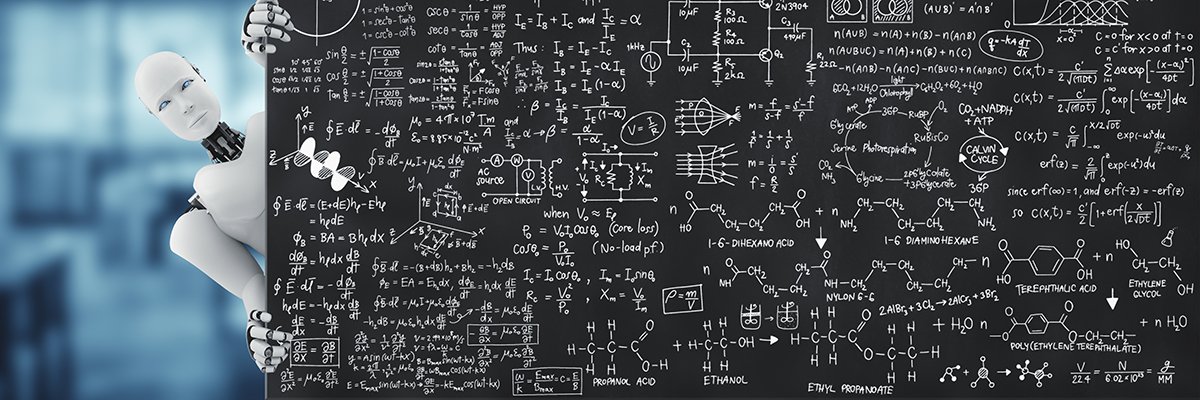
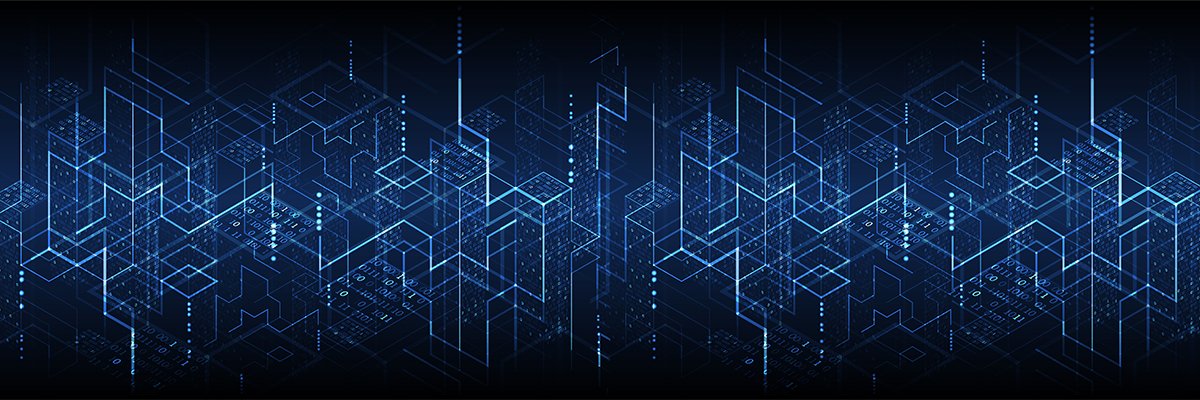
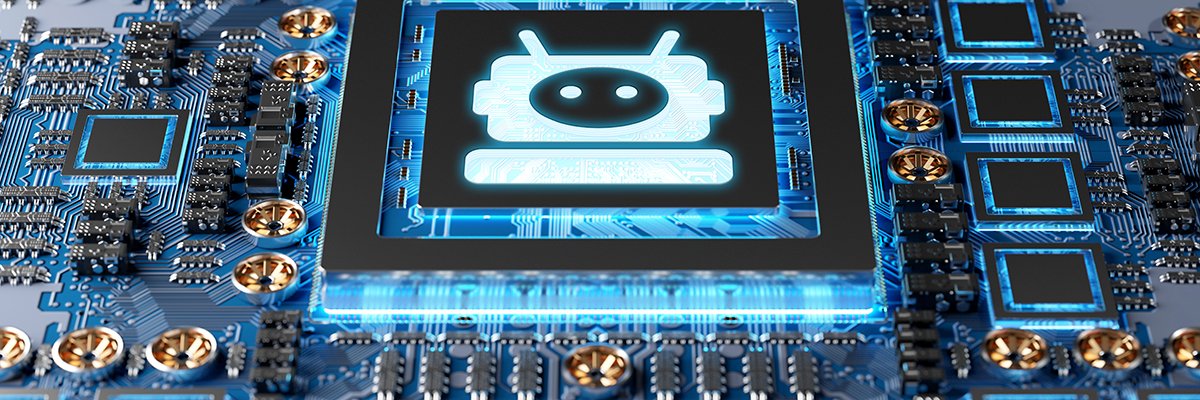
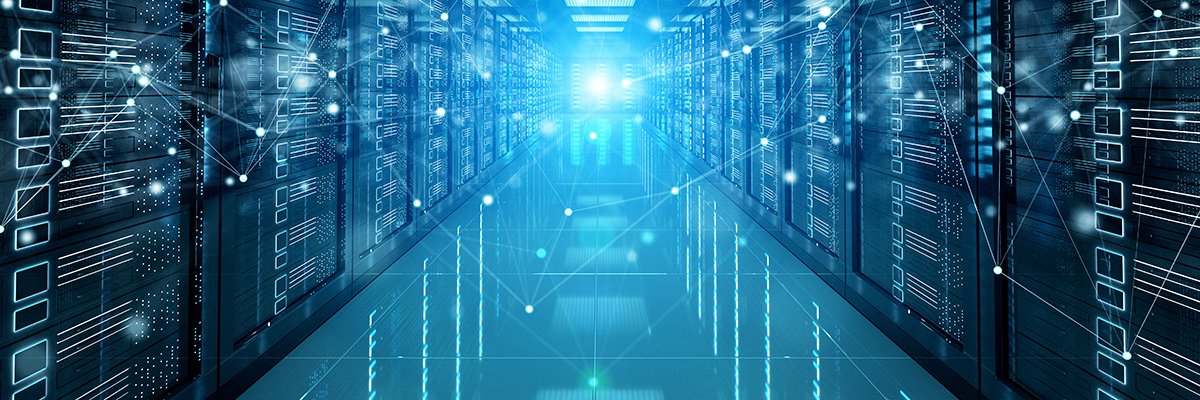
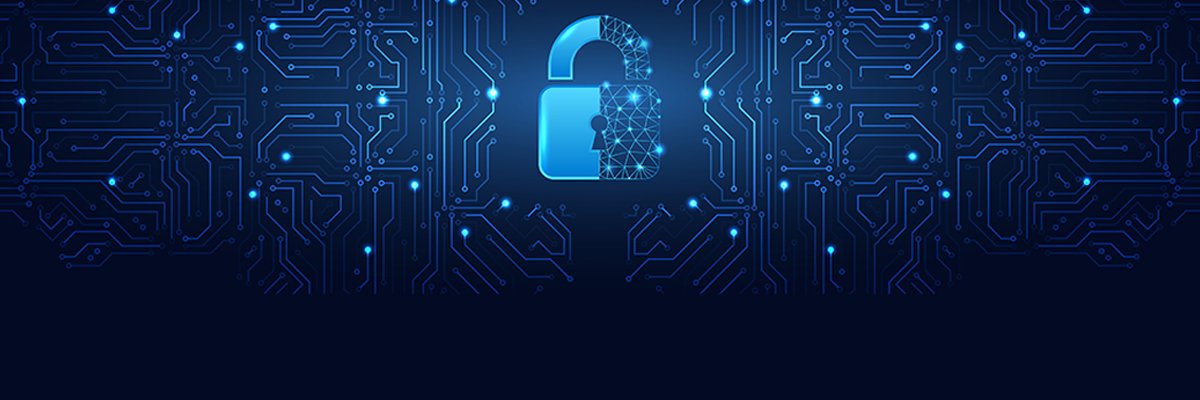

/cdn.vox-cdn.com/uploads/chorus_asset/file/25262127/DSCF8875_2.jpg)
